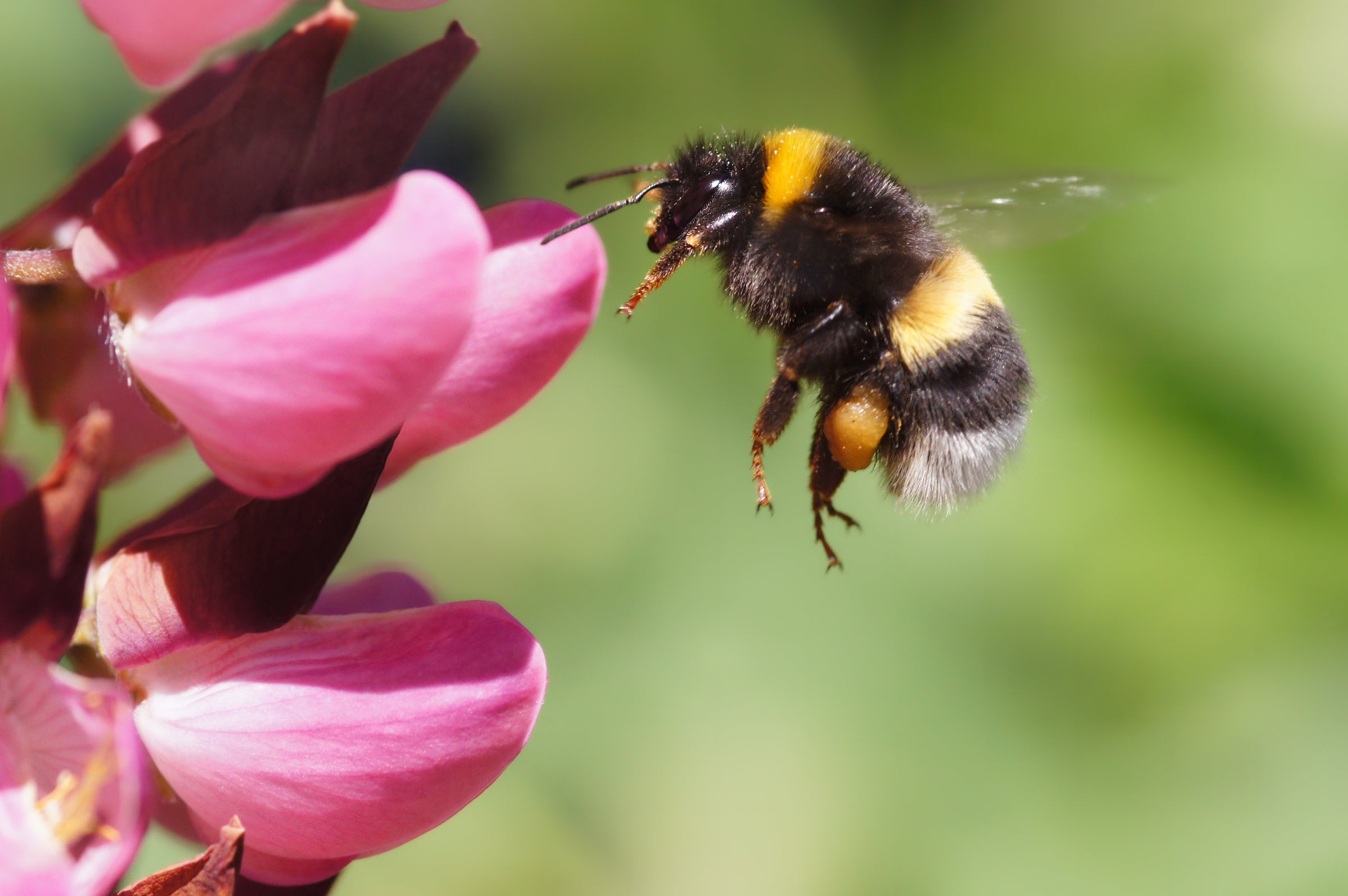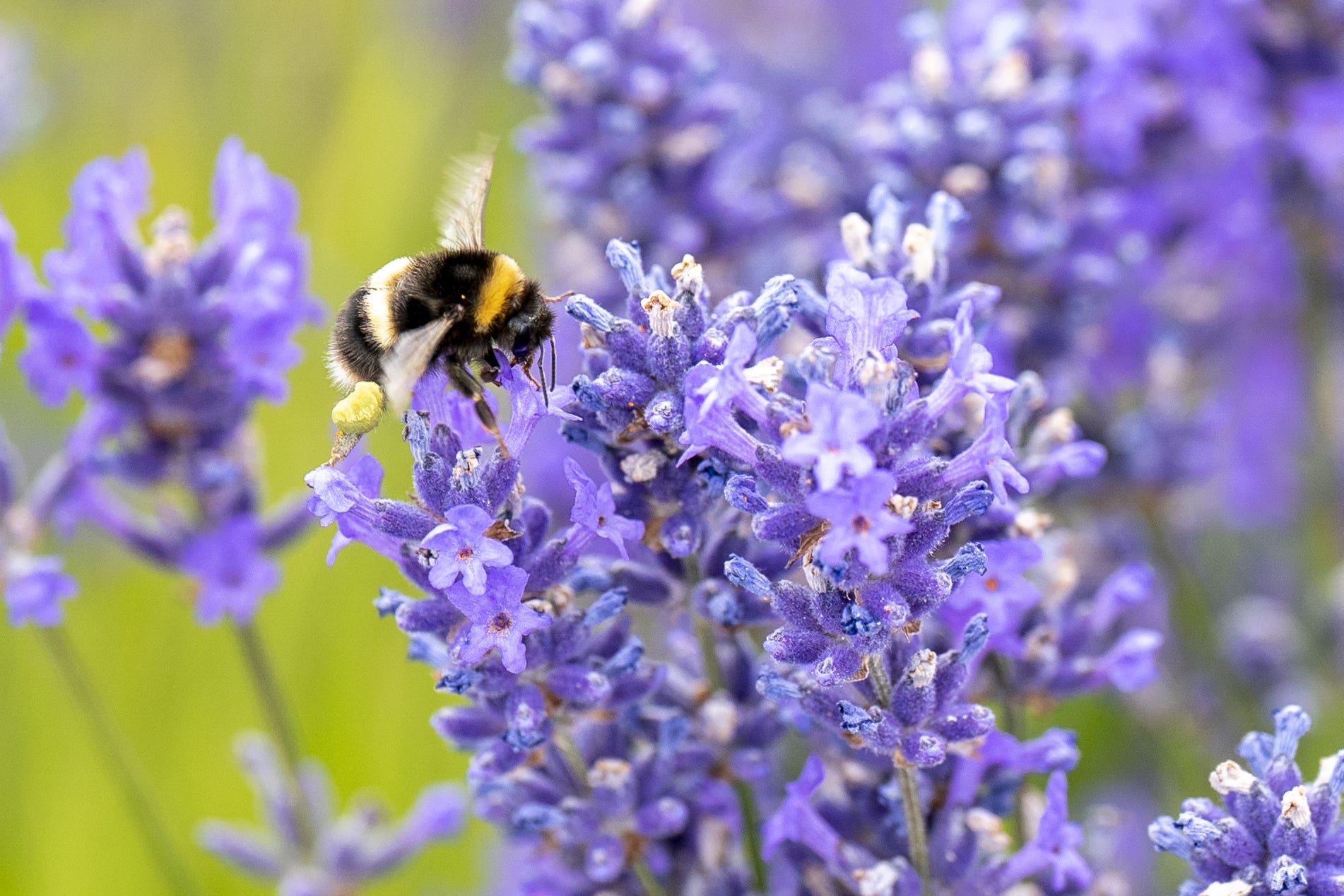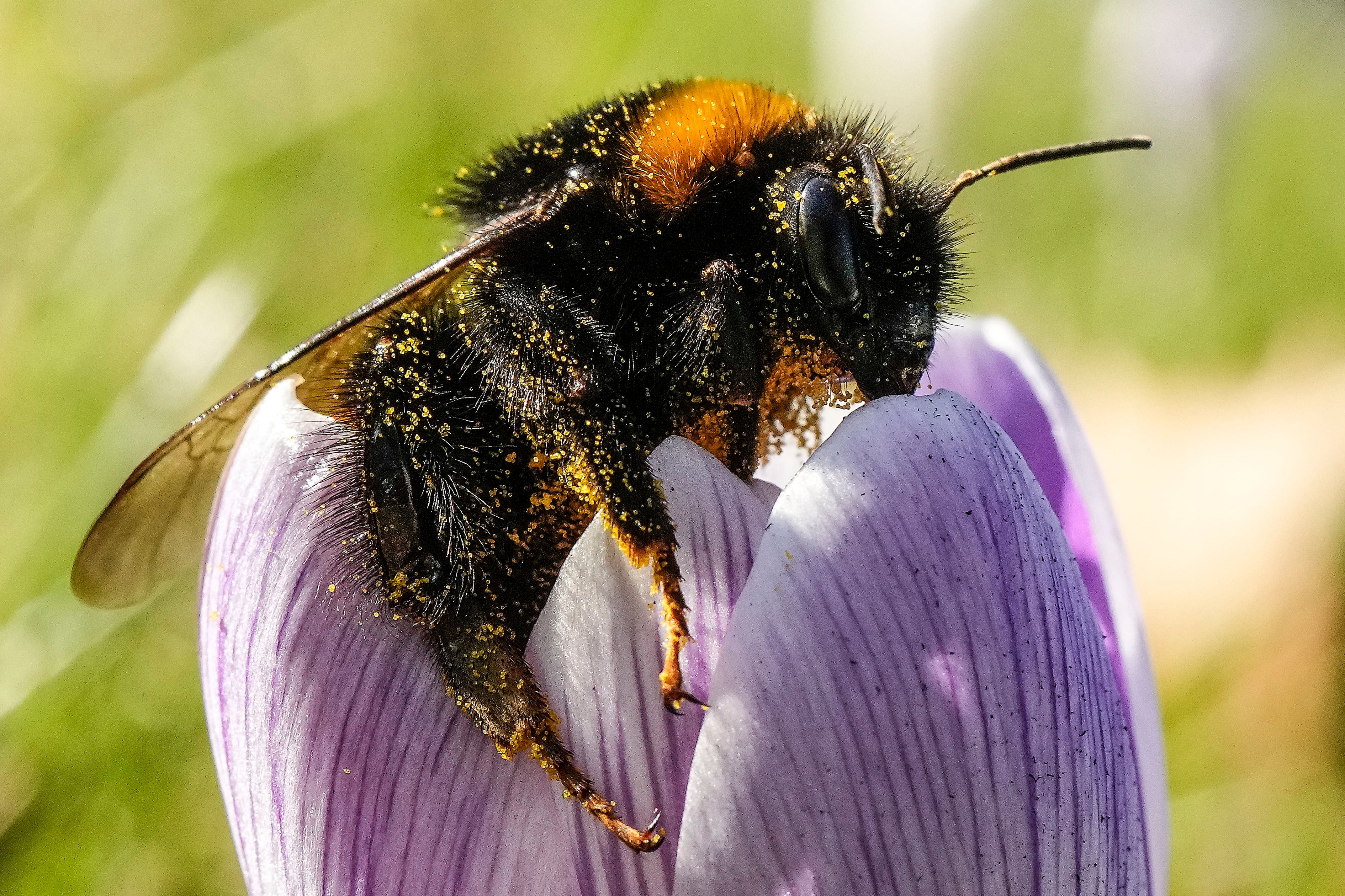Bumblebee numbers dropped to record low in 2024, report finds
Decline is likely down to cold and wet conditions in spring and early summer, experts say

Last year saw the lowest number of bumblebees in the UK since records began, a new report shows.
Bumblebee numbers declined by nearly a quarter compared to the 2010-2023 average, figures from the Bumblebee Conservation Trust (BCT) show. Their annual ‘BeeWalk’ report marked the worst year recorded for the insects in the UK.
There are 24 species of bumblebee in the UK, which play a vital role in pollinating crops and wildflowers. This makes their decline a “major ecological concern” say the BCT, with greater conservation efforts needed to safeguard the future of the bee.

Their decline is likely down to cold and wet conditions in spring and early summer, researchers say, which is the “most vulnerable period” for the species. This is the time of year when the colony is established, with queen bumblebees functioning as “single mothers” that must feed themselves and the growing larvae.
The lower numbers were not spread equally across their two dozen species, however, with those that typically reach their highest numbers in June or July suffering the most. Worst affected were the red-tailed and white-tailed varieties, respectively down 74 and 60 per cent.
Other affected species were the garden bumblebee, tree bumblebee, southern cuckoo bumblebee and buff-tailed bumblebee.

Dr Richard Comont, science manager at the BCT, said: “The 2024 results from BeeWalk highlight just how vulnerable our bumblebee populations are to shifting climate and environmental conditions. With another challenging year behind us, monitoring in 2025 will be crucial to understanding how – and whether – these species can recover.”
The bumblebee expert also shared how individuals can play their part in supporting the insects: “The key thing is having big populations because big populations are resilient populations.
“All of the stuff you see about planting flowers in your garden, letting wildflowers grow, not using pesticides; all of that standard advice around increasing pollinator populations, not just bumblebees, that will allow us to have larger populations of pollinators.”
Join our commenting forum
Join thought-provoking conversations, follow other Independent readers and see their replies
Comments
Bookmark popover
Removed from bookmarks